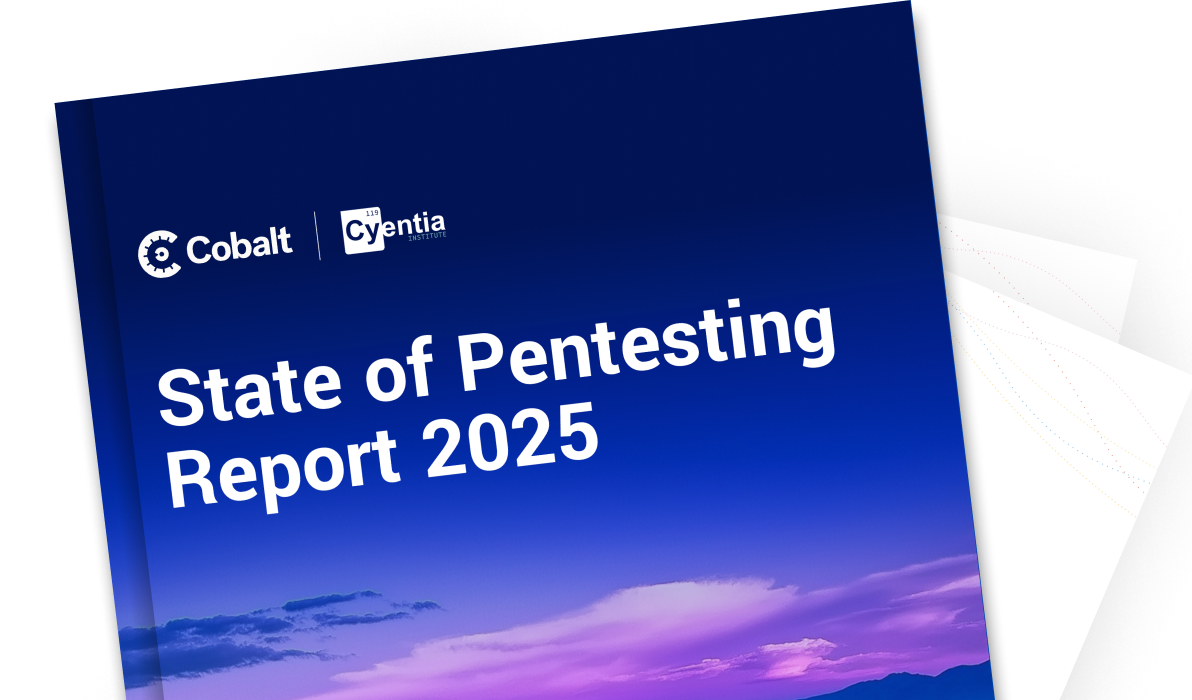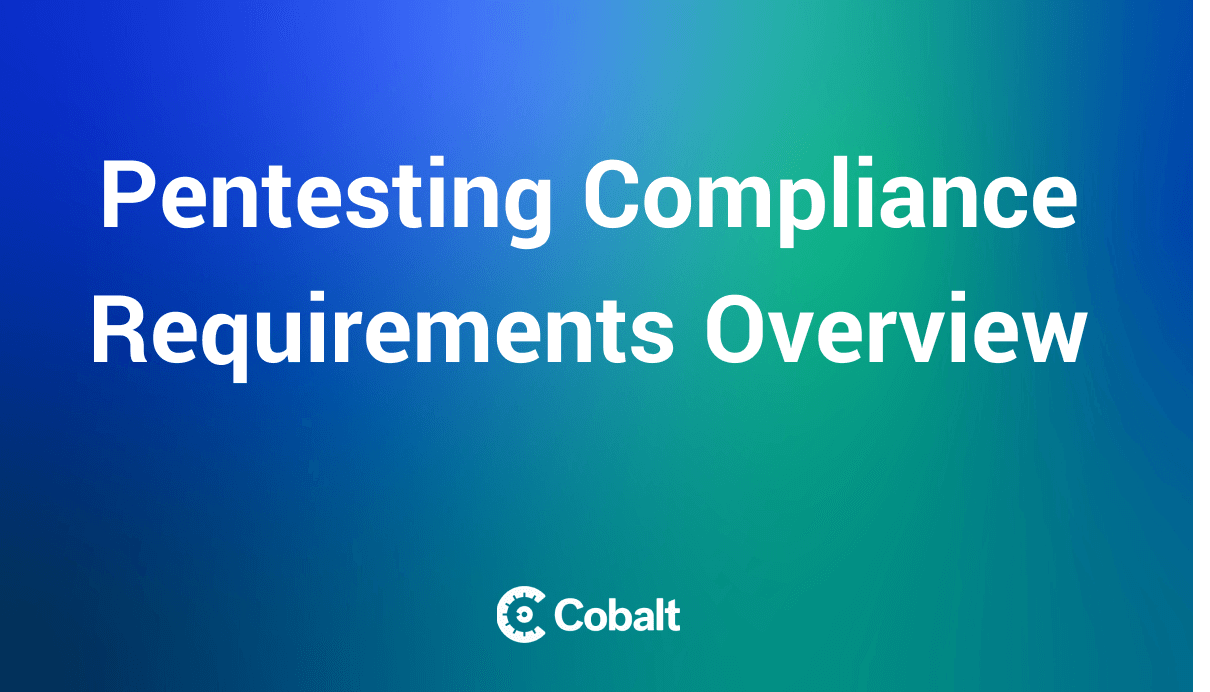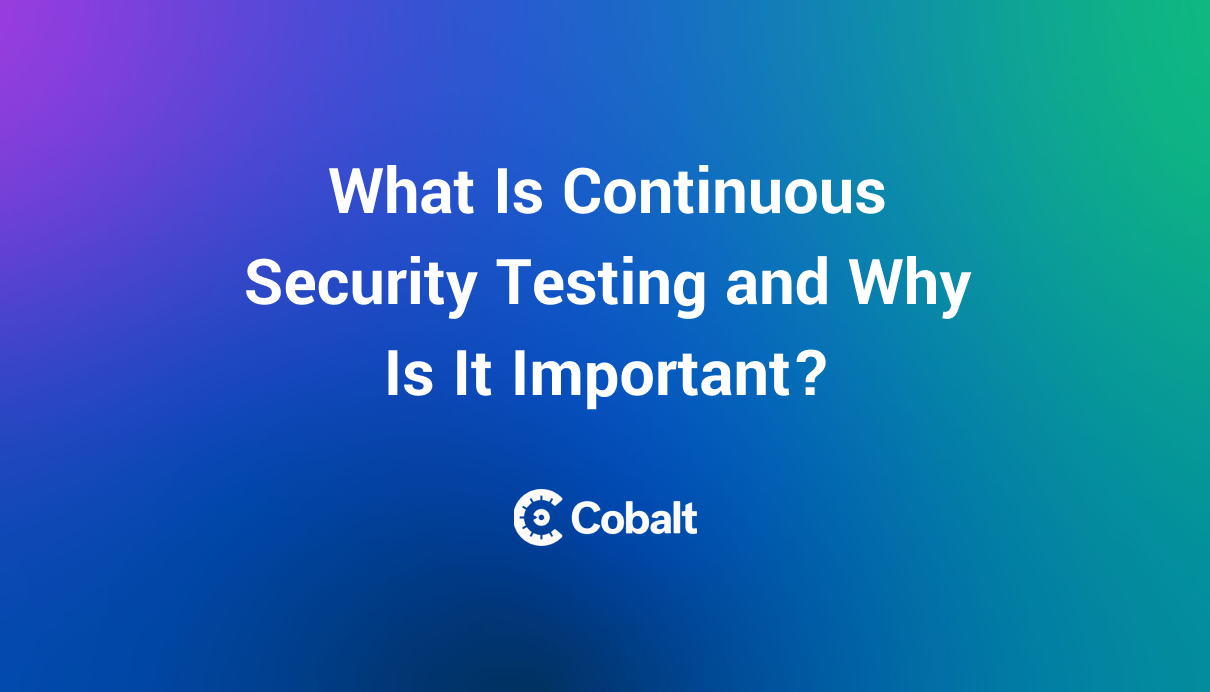Every digital interaction with customers or services relies on data. And there's a clear responsibility that comes with managing that information.
Neglecting data compliance isn't just about legal risks. It's about keeping the trust that stakeholders place in an organization. The threat to brand reputation and potential hidden liabilities are just as significant.
Now, there's a focus on not just defending but also proactively finding weaknesses.
Penetration testing is an example of this proactive approach to data security. This approach actively seeks out vulnerabilities, ensuring an organization's compliance framework is not just theoretical but tried and tested in the face of evolving threats.
What is Data Compliance?
Data compliance is about ensuring data safety and privacy. It means following rules and regulations that dictate how data should be used, stored, and shared.
It is crucial to ensure that sensitive data and personal information remains confidential and secure, and businesses must be transparent about how and why they collect, process, and store it. That's why data compliance requires implementing rigorous security measures to shield data from unauthorized access, leaks, or breaches.
It's also essential to maintain the accuracy and consistency of data to remain compliant. This not only improves operational efficiency but ensures that companies make decisions based on accurate information.
Today, it's no longer enough to comply with the rules passively. Businesses need to actively demonstrate their commitment to protecting the data they manage.
Importance of Data Compliance
Businesses today are more data-driven than ever, relying on vast amounts of sensitive information to innovate, make informed decisions, and drive their growth. However, managing this data means taking on significant responsibilities.
Protecting Brand Reputation
A company's reputation is a precious commodity; it's difficult to build but easy to lose. Customers, investors, and partners are increasingly discerning, and their trust is contingent upon more than just product quality or service delivery.
They expect their data to be protected.
A single data breach or compliance oversight can result in significant reputational damage. News travels fast – and even faster in the age of social media. The erosion of trust can translate to lost revenue, reduced customer loyalty, and an uphill battle to rebuild one's credibility in the market.
We need look no further than the Equifax data breach of 2017. The credit reporting agency suffered a breach exposing the personal details of 147 million consumers, including social security numbers, birth dates, addresses, and, in some cases, even driver's license numbers. Public trust plummeted, and Equifax faced massive public backlash, lawsuits, and regulatory investigations. Their stock price also dropped significantly in the days following the breach announcement, illustrating the immediate financial implications of failing to protect data.
Financial Implications
Beyond the immediate penalties often associated with data breaches, the financial ramifications of non-compliance encompass a broader spectrum of concerns. Organizations face auxiliary costs, including but not limited to:
- Legal consultations.
- Remediation actions.
- Potential lawsuits
- The opportunity costs that arise when resources are redirected to damage control.
Some sectors even face the potential revocation of licenses, adding a layer of operational risk to the financial burdens.
Take, for instance, British Airways' data breach in 2018. The airline faced a record £183 million fine by the U.K.'s Information Commissioner's Office (ICO) due to non-compliance with the General Data Protection Regulation (GDPR).
Such examples emphasize the depth and breadth of the financial implications of lapses in data compliance. It underlines the importance of viewing investments in data compliance not merely as regulatory necessities but as critical pillars ensuring business continuity and fiscal sustainability.
Regulatory Evolution and Global Markets
In an era marked by unprecedented interconnectedness, company business routinely crosses borders. Yet, with these opportunities for expansion come the intricacies of navigating varying and frequently updated regulatory frameworks.
In some regions, digital transformation and the surge in e-commerce have spurred governments to rapidly revise or introduce data protection regulations. Businesses must be agile in adapting to these shifts since even inadvertent non-compliance can have substantial repercussions.
For example, India has introduced the Personal Data Protection Bill (PDPB), which aims to establish a comprehensive framework for data protection. It addresses issues like data localization, individual data rights, and penalties for breaches. This regulatory shift will require a review and possible overhaul of existing data-handling practices of all companies that do business in the country.
There are also initiatives like the Asia-Pacific Economic Cooperation's (APEC) Cross-Border Privacy Rules (CBPR) system, which aims to standardize data protection rules across participating countries, making it easier for businesses to ensure compliance across multiple jurisdictions.
Proactive Defense Through Pentesting
Penetration testing, or pentesting, is a systematic security assessment that involves orchestrated attacks on a network or apps. These tests are designed to gauge resilience against potential threats, expose vulnerabilities in an organization's digital infrastructure, and reveal potential backdoors for cybercriminals.
By simulating real-world scenarios, pentesting is more than just an automated security scan. It offers insights into genuine attack sequences, highlighting where defenses might buckle under real pressure.
Post-pentest reports provide a comprehensive list of vulnerabilities, the risks they carry, and remediation recommendations. These actionable insights empower businesses to take a proactive approach, fortifying their security posture, revise existing policies, and implement effective patches.
By actively testing their defenses, organizations can gauge the effectiveness of their security measures and ensure that resources are allocated efficiently.
How Do Different Regulations Define Data Compliance?
Various regulatory bodies have introduced standards and laws defining how data should be managed, protected, and used to mitigate the risks of cyber threats, fraud, and data misuse. Some apply internationally, while others are state-specific, but these regulations are all designed to ensure businesses handle data carefully.
- Payment Card Industry Data Security Standard (PCI-DSS): The Payment Card Industry Security Standards Council applies this standard to businesses that collect, process, and store cardholder data. It requires these companies to keep customer payment data secure by encrypting card data during transfers, using firewalls to safeguard their networks, updating software regularly, limiting data access to essential personnel, and continually monitoring and testing for security gaps.
- Health Insurance Portability and Accountability Act (HIPAA): Overseen by the U.S. Department of Health & Human Services, HIPAA mandates that healthcare entities like doctors, hospitals, and health insurers ensure the protection of patient health information. They must use secure channels for sharing these records and promptly notify authorities and patients if there's a leak. Standard methods include encryption, secure patient portals, and training staff on privacy protocols. Non-compliance can lead to significant fines.
- General Data Protection Regulation (GDPR): Enforced by individual data protection authorities in European Union member states, GDPR requires businesses operating within the E.U. to safeguard residents' personal data. Measures include obtaining explicit consent for data collection, offering data breach notifications, and providing avenues for data access and deletion requests. Violations can lead to hefty penalties, up to 4% of a company's global annual turnover.
- National Institute of Standards and Technology (NIST): NIST is not a regulation but a U.S. agency providing crucial cybersecurity guidelines and frameworks. Businesses adopt NIST standards to evaluate and improve their cybersecurity measures, from basic password policies to advanced threat detection and response mechanisms. While adherence is often voluntary, many sectors recognize its benchmarks as industry best practices.
- International Organization for Standardization 27001 (ISO 27001): This global standard mandates establishing an information security management system (ISMS). Businesses adhering to ISO 27001 must have protocols in place to identify risks, implement controls, and ensure the security of their digital assets.
- California Consumer Privacy Act (CCPA): Exclusive to California, the CCPA gives its residents enhanced rights over their personal data. This privacy law requires businesses to disclose data collection and sharing practices to residents, ensuring individuals can dictate how their information is utilized.
- Sarbanes-Oxley Act (SOX): SOX applies to publicly traded companies in the U.S. and emphasizes the accuracy of financial reporting to prevent corporate fraud. Companies under SOX must implement internal controls and regularly audit these controls. Non-compliance can result in hefty penalties from the U.S. Securities and Exchange Commission (SEC).
How Cobalt Helps Organizations Achieve Data Compliance
Achieving and maintaining compliance requirements not only helps organizations safeguard high-value data but also fosters trust with stakeholders. Cobalt guides organizations through this maze of regulations with the following services:
- Agile Pentesting: Agile pentesting is a commitment to dynamic and continuous security. Traditional pentesting methods can be static and limited, but Cobalt's approach ensures that as an organization's digital landscape evolves, so does its security testing. This continuous adaptation is particularly essential given the ever-evolving nature of cyber threats.
- Securing the Digital Footprint: Cobalt's insights on securing your digital footprint offer strategies to ensure that organizations remain uncompromised and in compliance with data regulations.
- In-depth Compliance Insights: Our dedicated compliance page provides organizations with a wealth of information, from understanding the intricacies of specific regulations to discovering how Cobalt's services can assist in achieving compliance.
- Pentesting as a Service (PtaaS): PtaaS is not just a one-time test but an ongoing partnership that allows organizations to gain real-time insights into their security posture and address vulnerabilities proactively. As a result, organizations can ensure that they are always one step ahead of potential threats, aligning their security measures with compliance needs.
Evolve Beyond Compliance
Data compliance isn't just about avoiding fines or reputation damage; it's about earning and maintaining trust.
Proactive security measures, like penetration testing, further underscore this strategic outlook. It's not enough to have defenses; today's business imperative is to regularly challenge and stress-test those defenses.
Cobalt's comprehensive understanding and approach to data protection means we don't just stop at identifying vulnerabilities. Cobalt goes further by providing actionable insights on addressing vulnerabilities so your data remains protected against potential breaches.
Don't wait for a breach to emphasize the importance of data compliance. Partner with Cobalt today to proactively fortify your defenses, stay ahead of evolving threats, and ensure that your organization is always on the right side of compliance.








